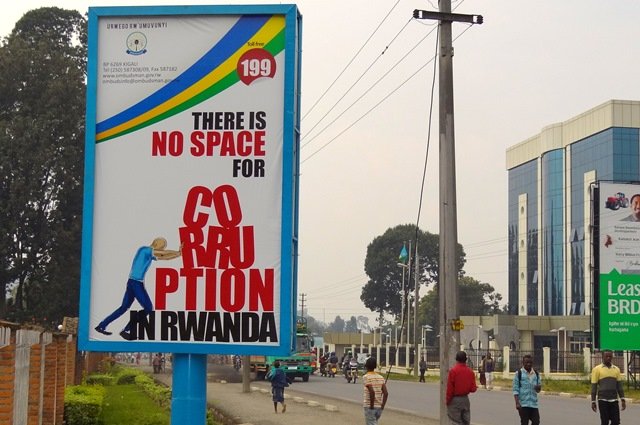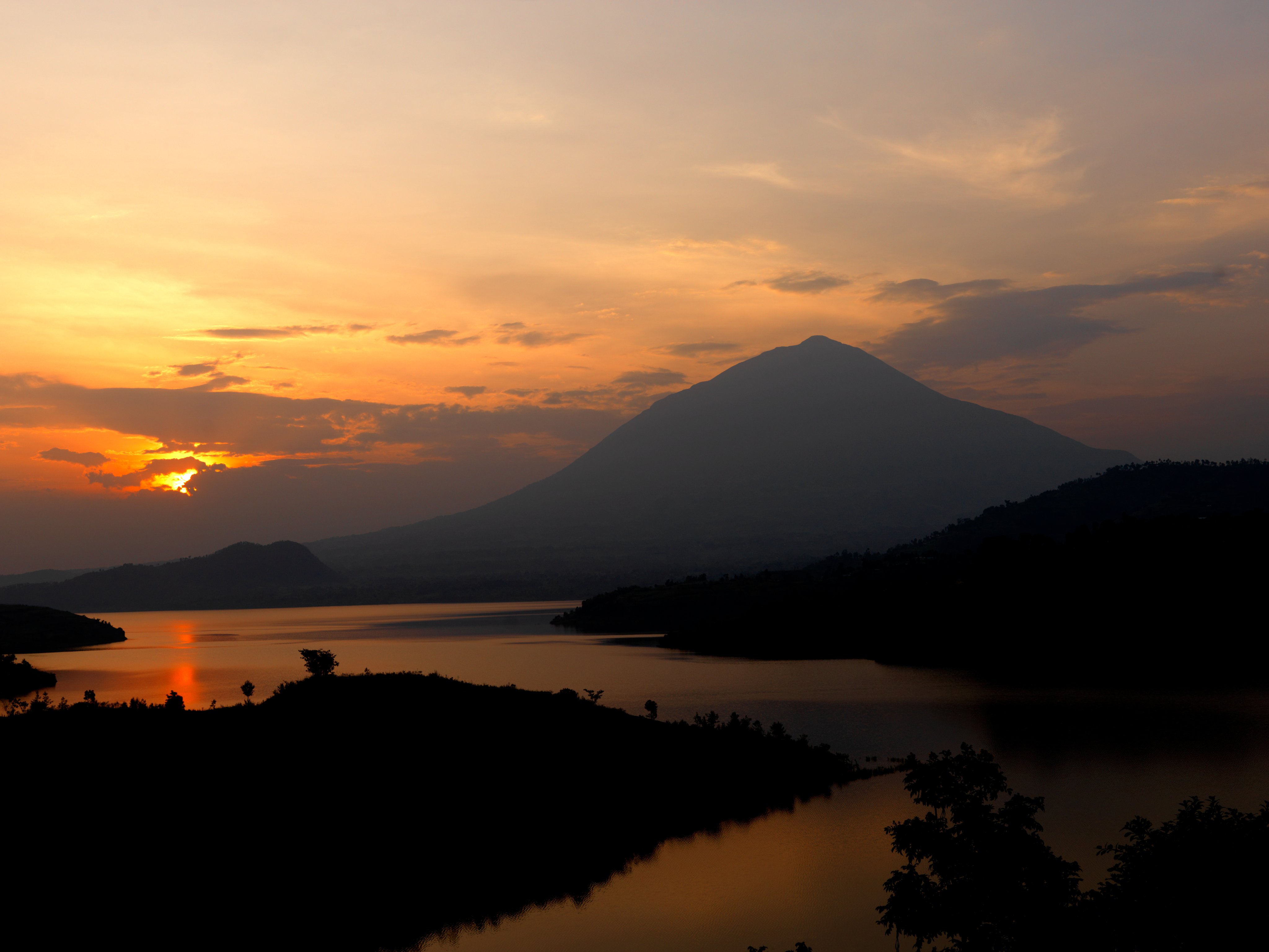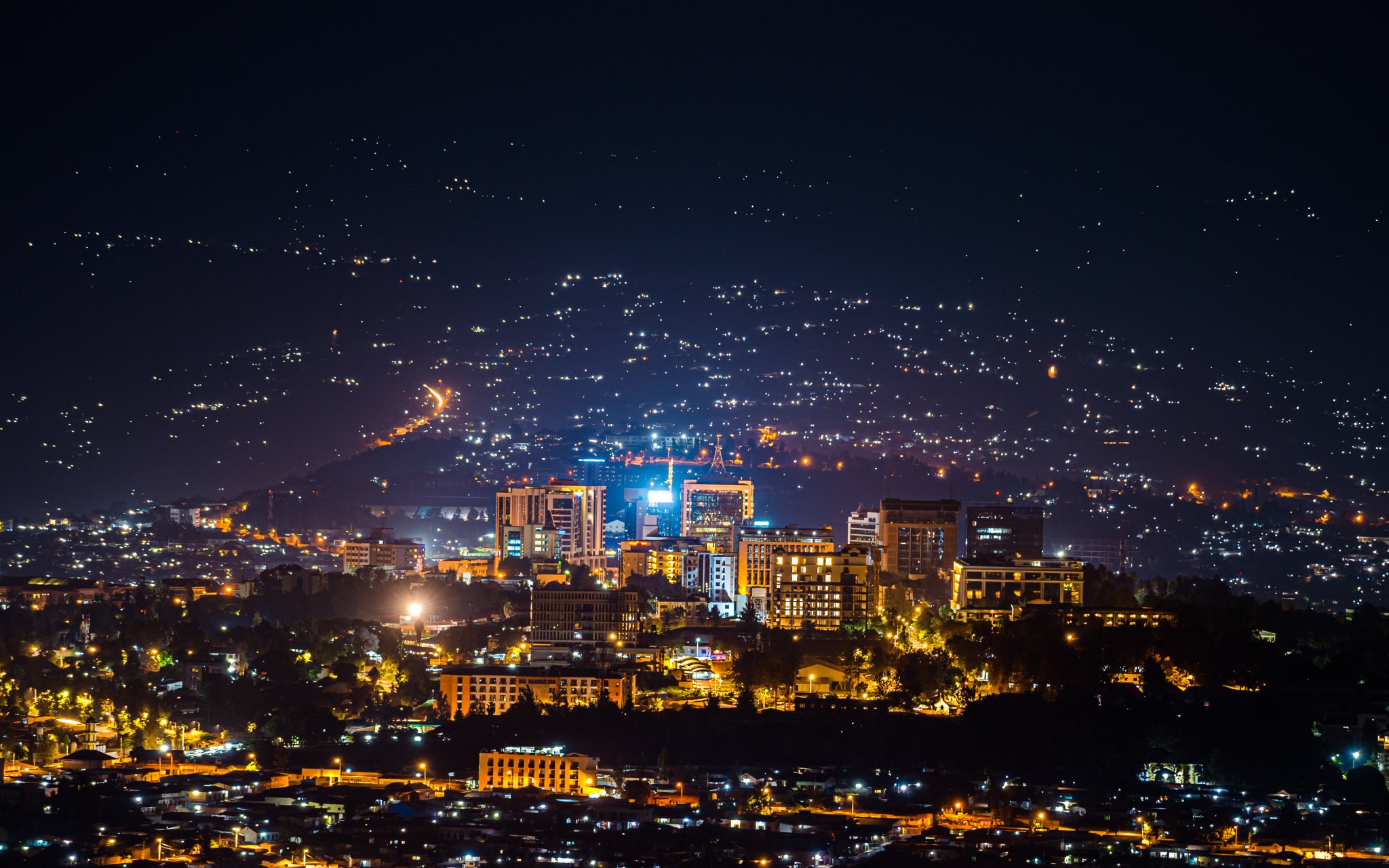Regional
Rwanda’s vigorous fight against corruption, a pillar for development

After the 1994 liberation struggle, in Rwanda, the zero-tolerance to corruption policy was the cornerstone of the new government led by the Rwanda Patriotic Front. The new government based on the ideals of eliminating discrimination, entrenching good governance, and ensuring all citizens benefit equally from nation building.
Today,
when the world celebrates International Anti-Corruption Day (IACD) on December 9,
Rwandans recognize the milestone of working hard to promote anti-corruption for
sustainable development.
According
to a report by Transparency International, Rwanda ranked as the fourth least
corrupt country in Africa in 2022, and first in East Africa, with 54 percent
points, following Seychelles, Botswana and Cape Verde.
To
achieve this, the government of Rwanda put in place measures and strategies to
fight corruption including an anti-corruption policy, laws, and various institutions
responsible for combating corruption and injustice.
Rwandans
treat corruption as an enemy of the country and fight it for development.
The
number of people convicted of corruption crimes increased by 36 percent in 2022.
More people identify and report corruption cases. In the current legislation,
whistle-blowers who provide information on corruption cases are protected. It
makes it easy for offenders to be pursued by the judiciary, it and contributes
to transparency.
Beyond
putting measures to fight corruption, Rwanda has promoted accountability. When
it comes to corruption, no one is above the law in Rwanda.
In
June 2019, while addressing the National Democracy Day Anti-Corruption Summit,
Rwandan President Paul Kagame said that fighting corruption in Rwandan came
with a political cost.
“Officials
who did not live up to the agreed standards (of no corruption) were dismissed
or brought to justice. Some thought we could not afford to take this
zero-tolerance approach given the fragility of our environment,” he said.
“The
truth, however, is that we couldn’t afford not to do it. It is the foundation
of the modest progress for which Rwandans continue to work.”
In
2020, Rwandan prosecutors announced that they were considering seeking the
freezing of bank accounts and properties of officials being investigated for
corruption after it emerged that some had devised tricks and networks to
conceal or move their assets once under the radar of investigators.
In addition, Rwandan public officials convicted of corruption face hefty fines and auctioning of their property. The move steps up the fight against the vice in the face of dwindling domestic revenues and public funds.







